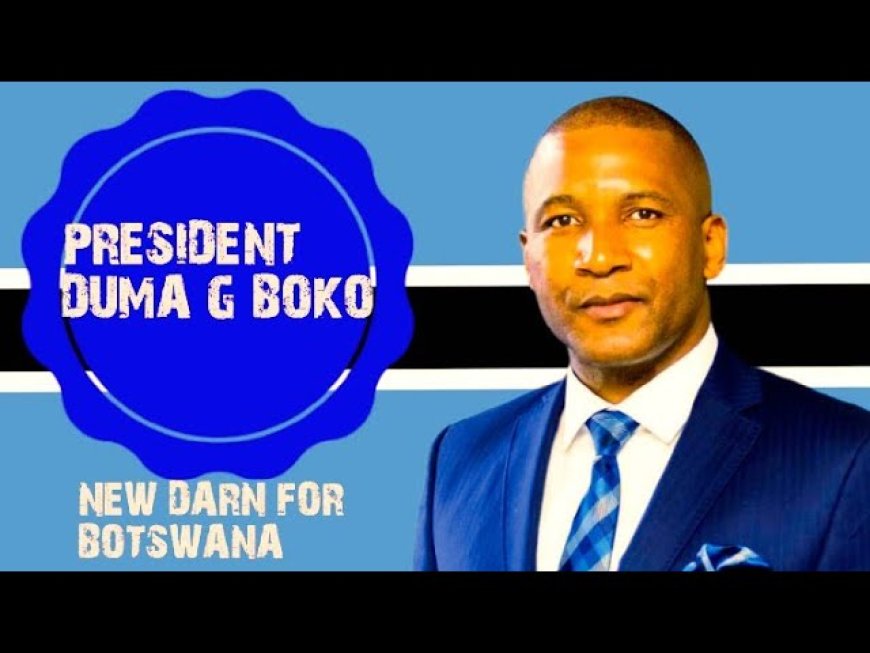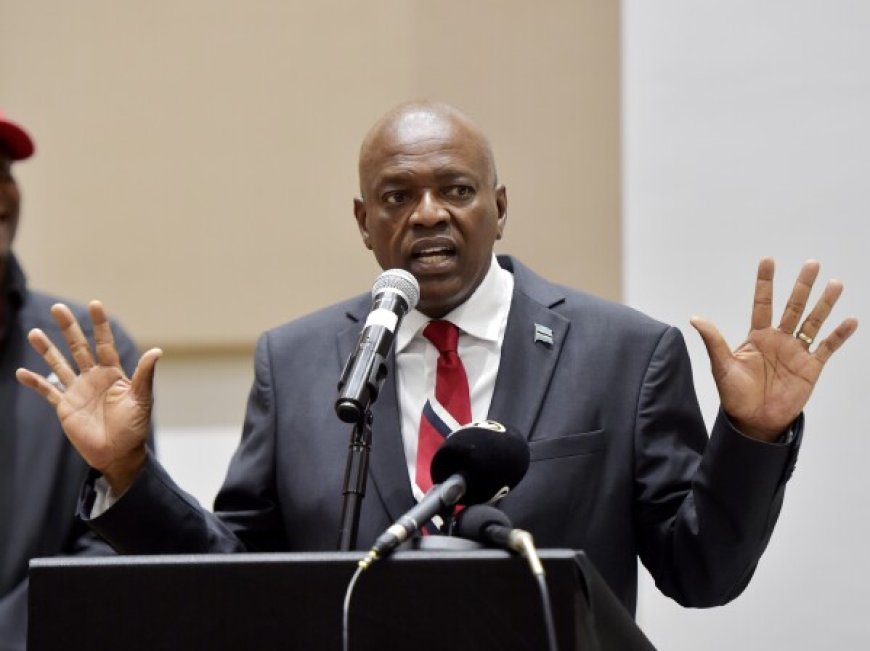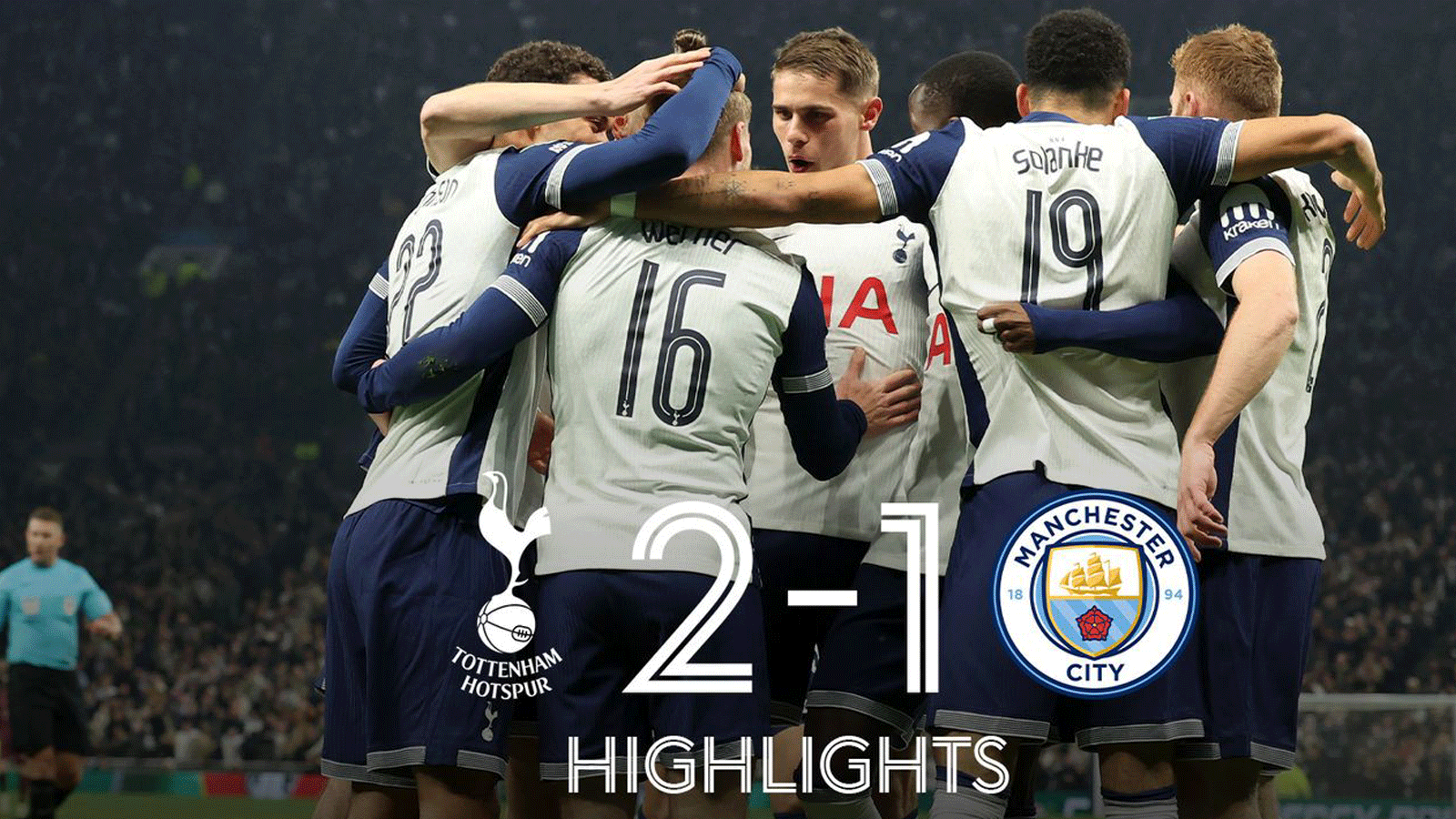Botswana's 60-Year Rule Government Ends as Opposition Wins Presidential Seat
The Umbrella for Democratic Change (UDC) coalition led by opposition leader Duma Boko ended the Botswana Democratic Party's (BDP) nearly 60-year rule. Boko, a Harvard Law School graduate and human rights attorney, won the election with pledges of government transparency, job creation, and economic reform, making it a historic occasion.

The political climate in Botswana has changed significantly for the first time in more than 60 years. The opposition party has won the presidency in a historic election, overturning the ruling party's long-standing hegemony since independence.
The Umbrella for Democratic Change (UDC) coalition led by opposition leader Duma Boko ended the Botswana Democratic Party's (BDP) nearly 60-year rule. Boko, a Harvard Law School graduate and human rights attorney, won the election with pledges of government transparency, job creation, and economic reform, making it a historic occasion.
President Mokgweetsi Masisi said, "I am proud of our democratic processes," after acknowledging his party's resounding defeat. Despite my desire for a second term, I will politely resign and take part in a seamless transition. Masisi's acknowledgement of the election's results shows Botswana's dedication to democratic principles and serves as a model for regional transitions that are peaceful.

Botswana’s political shift reflects a larger trend across Southern Africa, where longstanding ruling parties face mounting pressure. Earlier this year, South Africa’s African National Congress (ANC) lost its majority, and Namibia’s ruling SWAPO party faces its own challenges. Analysts believe the Botswana election serves as a warning to entrenched political establishments across the continent: without tangible economic progress, long-held power is vulnerable to change.
https://twitter.com/yaronafm/status/1853356713404940304
The Botswana Democratic Party (BDP) has long held a dominant position in the political scene of Botswana since the country gained its independence in 1966.
The BDP became the dominant political force in Botswana when Sir Seretse Khama, the country's first president and founder, established stable government.
From 1980 to 1998, his successor, Quett Masire, strengthened the BDP's hold on power and advanced Khama's programs while emphasizing economic expansion.
Under the BDP banner, Festus Mogae, who served as leader from 1998 to 2008, continued to address sustainable development and the HIV/AIDS epidemic in Botswana.
From 2008 until 2018, Ian Khama, the son of Sir Seretse Khama, continued the BDP tradition, despite internal party strife throughout his leadership.
Mokgweetsi Masisi, who led from 2018 to 2024, sought to diversify the economy and implement democratic changes, but he faced serious opposition obstacles and internal strife, which caused Botswana's political stability under the BDP to change.
What's Your Reaction?


















































































